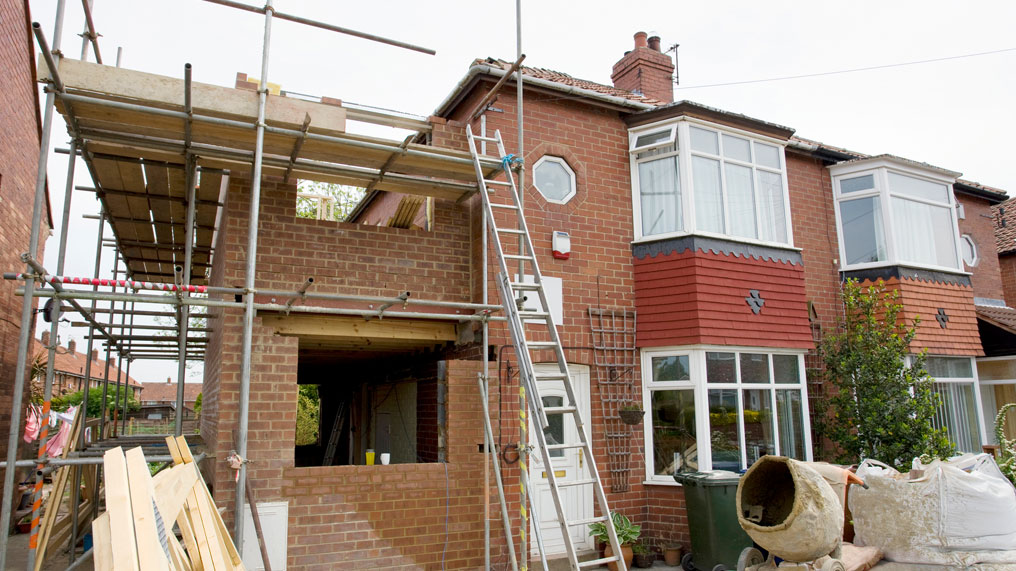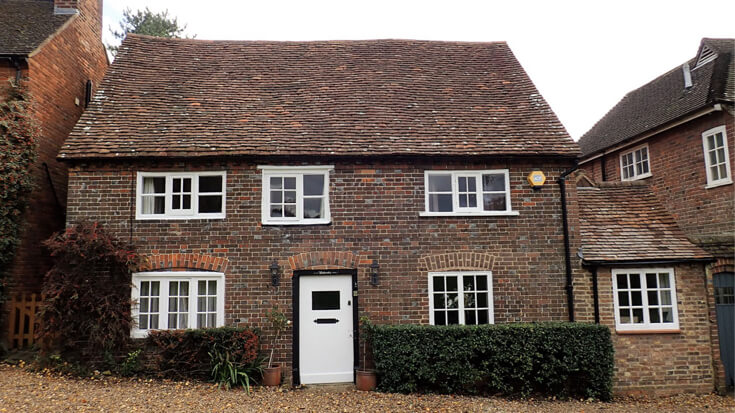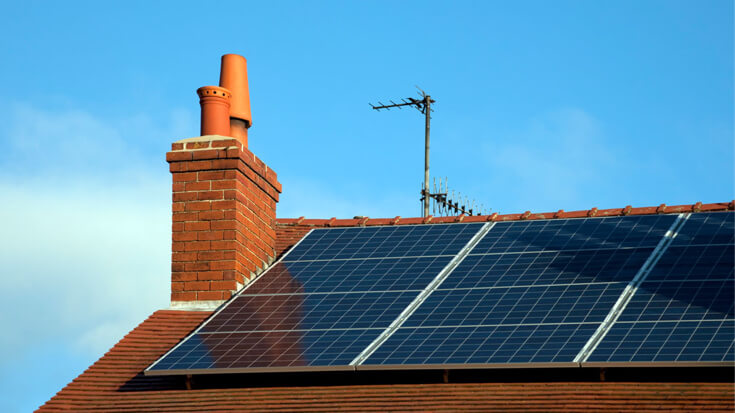Moving house can be expensive. That’s why, each year, thousands of us opt to improve our existing homes rather than buying somewhere else.
The most popular way is to create extra space in the home, which often means building an extension to the property. If this is something you’re thinking about, be sure to check out these top tips…
Work out your budget
You might fantasise about a Grand Designs style extension for your home, but you need to be realistic about how much you can afford to spend. Try to get an idea from local builders on what they might charge per square foot or metre for your extension, and remember to factor in the cost of any fixtures or fittings needed once the build is complete.
Keep borrowing costs down
If you’re borrowing to fund your extension, always shop around for the most competitive rates to keep costs to a minimum. If you’re remortgaging, it’s a good idea to seek professional advice from an independent broker, who’ll be able to talk through all the available options with you and advise whether there might be any early repayment charges to pay on your existing mortgage.
Check whether you need planning permission
Whether or not you need planning permission for your extension depends on how big it’s going to be, and where the extension will be situated. For example, you shouldn’t need to submit an application for planning permission if you’re building a single-storey rear extension, providing it doesn’t extend beyond the rear wall of the original house by more than three metres (if your house is attached) or by four metres if you live in a detached house. No more than half the area of land around the original house can be covered by the extension either. Lots of other limits and conditions apply, so if you’re not sure whether your project will need permission or not, it’s a good idea to check with your local planning authority.
Find out more about planning permission for extensions.
Find a good builder
Reputable builders are usually in high demand, so it’s a good idea to book one in as soon as you find them, as they may have other jobs they need to complete before yours. Personal recommendation is often the best way to find a builder. Always get a written quote from them before they start work, and make sure this includes a timeframe for the work to be completed.
For more tips, read our article How to find a reputable tradesman.
Keep the neighbours onside
Even if you don’t need planning permission for your project, don’t start building work without speaking to your neighbours first. If you apologise in advance for any inconvenience or noise, they’re more likely to be sympathetic if the building work over-runs or if you need to access your property via theirs.
Have a contingency fund in place
There are often unforeseen expenses involved in building an extension, particularly if you come across something you weren’t expecting when work starts. For example, you could find that when it comes to digging foundations, there is a sewer or electric cables under the ground, or that you need to dig deeper than expected because nearby trees have made the soil less stable. It’s usually a good idea to have a contingency fund equivalent to around 10% ‐ 15% of the anticipated cost of the build to cover anything unexpected.
Get building regulation approval
It’s essential that your extension has building regulation approval, so your building contractor must make sure the local authority checks the work as it progresses. All work must conform to minimum standards of safety and workmanship for building inspectors to sign it off. Always remember that you’ll need evidence of building regulation approval for the work you’ve done when you come to sell your home in the future.
Tell you insurer about any building works
If you decide to go ahead with building an extension, be sure to let your insurer know about any changes being made to the house. Not only can adding rooms to the property impact your premiums, but any work that involves walls being knocked down, floors being taken up or electrics changed, can result in damage to the property. Having scaffolding erected and builders coming and going with spare keys also increases your security risk. So, if your insurer isn’t told about your plans, the original terms of your home insurance policy may be invalidated.




